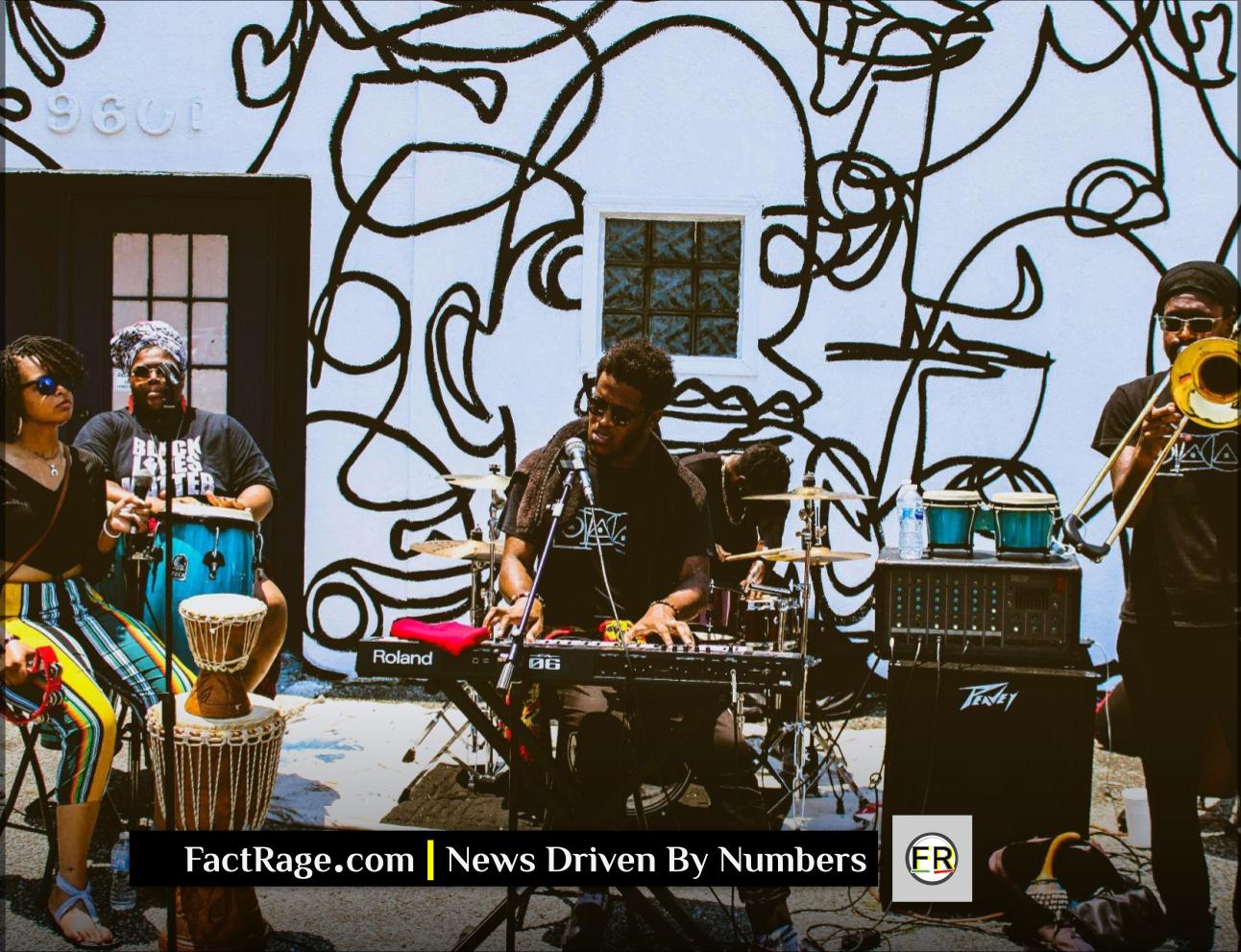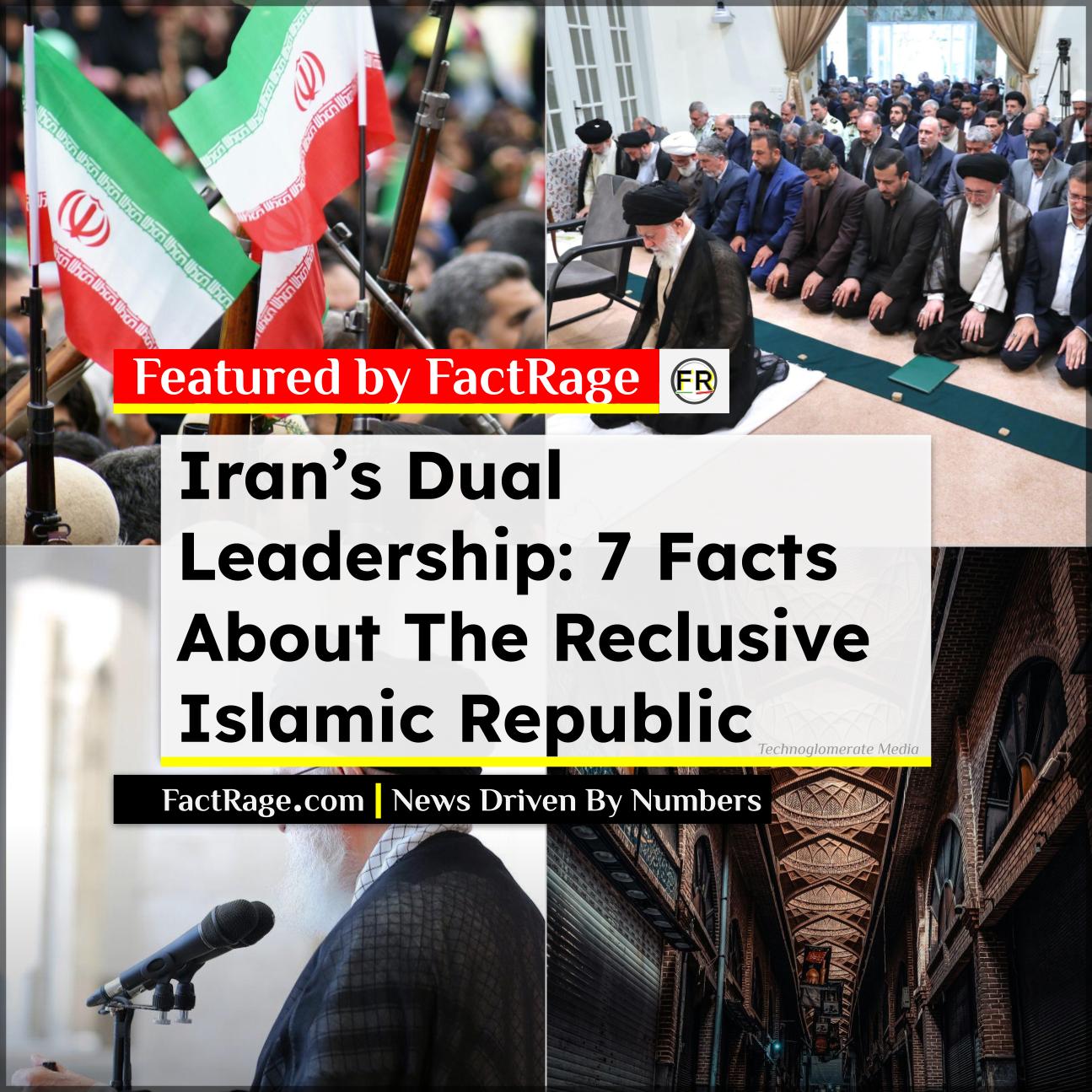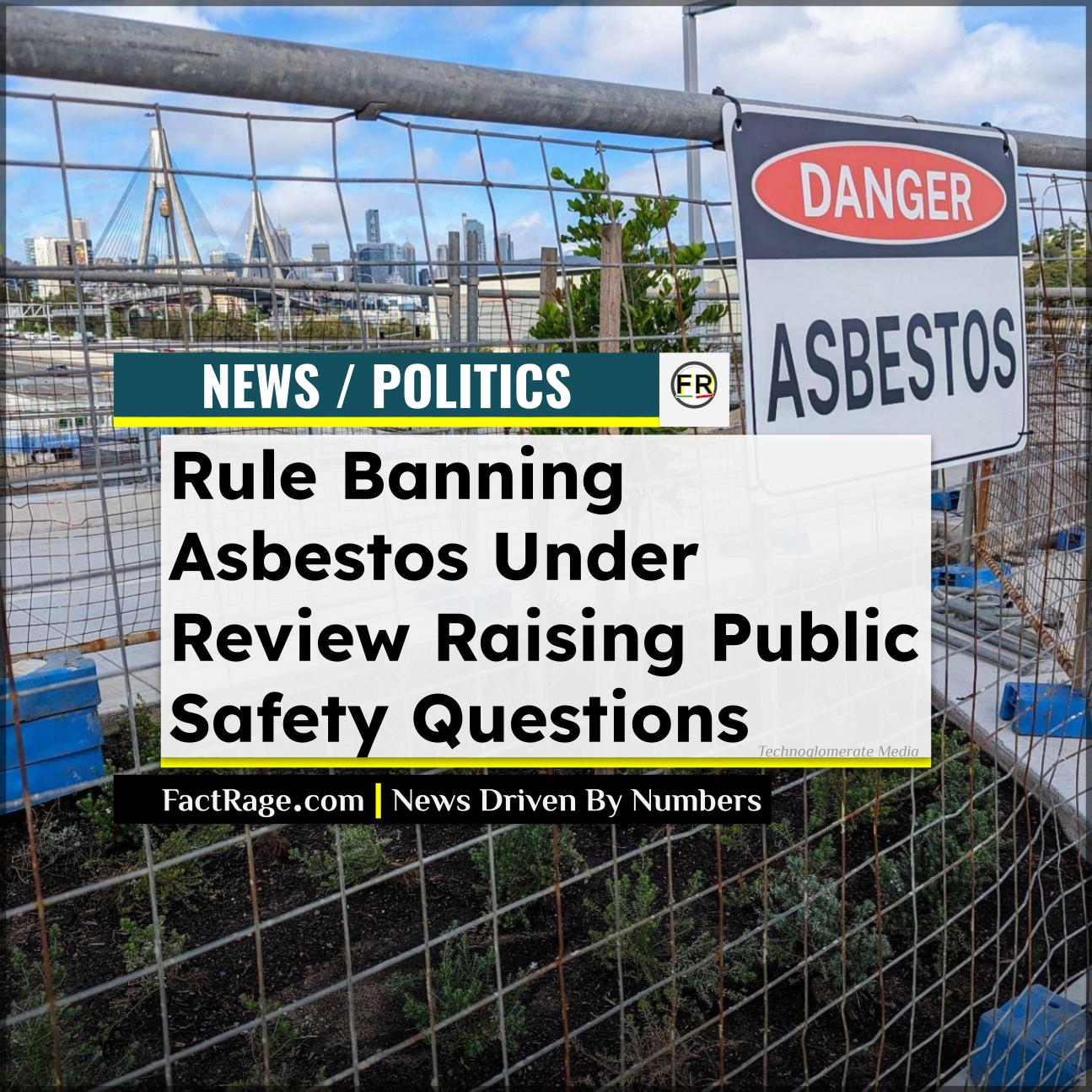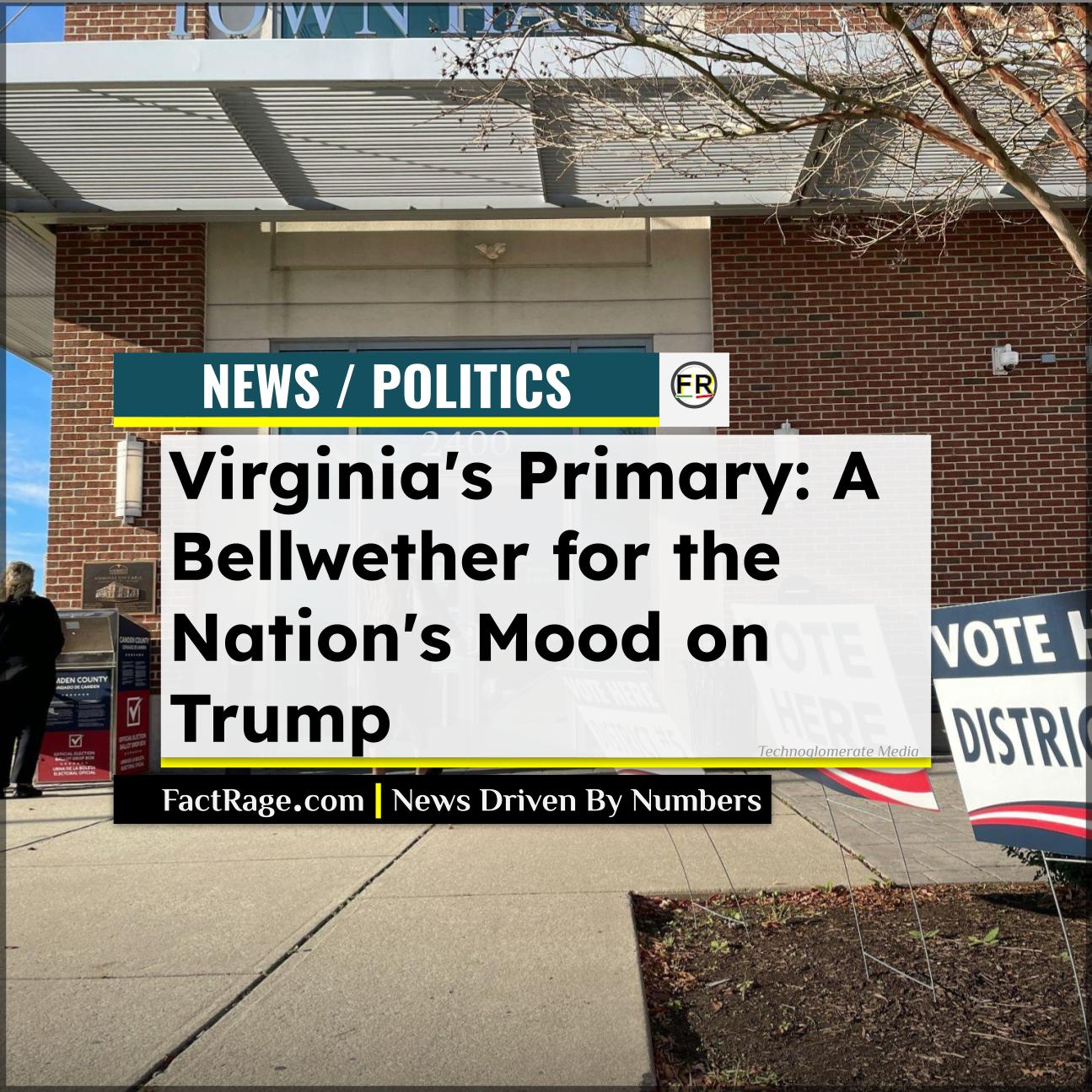NATIONWIDE – Juneteenth is now a fixture on the federal calendar, but unlike the Fourth of July or Thanksgiving, it arrived without a national script. As Americans begin to forge traditions for this new day of observance, its ultimate identity may be found not just in looking back, but in looking forward—as an annual call to build a “more perfect union.”
Key Facts
- An Unwritten Tradition – As one of the newest federal holidays, there are no long-standing national traditions for Juneteenth, leading to a wide variety of community-led celebrations focused on everything from history to service.
- The Path of MLK Day – The journey of Martin Luther King Jr. Day, which took nearly two decades of advocacy and cultural adjustment to be fully embraced, offers a historical parallel for Juneteenth’s evolution.
- An Aspirational Goal – Many civic leaders and historians view the holiday as more than a commemoration, seeing it as an annual prompt for civic engagement, education, and national reflection on core American ideals.
While political debates surround its observance in Washington, communities across the country are actively defining what Juneteenth means to them. With no set template, the holiday’s identity is being written in real-time, and its future may be its most powerful aspect.
A Holiday Without a National Template

How does a nation celebrate its newest holiday? For Juneteenth, the answer varies widely from town to town. In some communities, long-standing traditions of barbecues, parades, and street festivals continue, honoring the day’s historical roots in Black Texan culture. These events are celebrations of family, resilience, and joy.
In other places, Juneteenth is taking on a different character. Educational institutions host panels and distribute reading lists. Community groups organize voter registration drives and sponsor local service projects. Companies and volunteer organizations encourage “a day on, not a day off,” promoting activities that support Black-owned businesses or contribute to community improvement. This patchwork of observance highlights the unique position of Juneteenth: it is a holiday whose national traditions are not yet set in stone, allowing for a dynamic and grassroots evolution.
A Familiar Path: The Story of MLK Day
This period of adjustment is not without precedent. Martin Luther King Jr. Day, signed into law in 1983, faced a long and often contentious journey. The bill to create the holiday was first introduced in 1968 and was debated for 15 years, facing opposition over costs and the precedent of honoring a private citizen.
Even after it became federal law, it was not universally accepted. Some states initially resisted observing it or combined it with other holidays. It took years of continued advocacy and cultural shifts for MLK Day to become what it is today: a widely cherished day that is increasingly associated with service and reflection. This history suggests that the process of a holiday being fully woven into the national fabric is a marathon, not a sprint. The questions and varied approaches surrounding Juneteenth are a predictable, and perhaps necessary, part of its journey.
More Than a Memory: A Holiday for a ‘More Perfect Union’
Beyond the historical remembrance, many see an even deeper, forward-looking purpose for Juneteenth. They point to the foundational American concept of striving to form “a more perfect Union,” the mission laid out in the Preamble to the Constitution. That phrase is an acknowledgment that the nation’s work is never finished.
Juneteenth, in this context, becomes more than an anniversary. It can serve as an annual, national touchstone for this ongoing project. The text of General Order No. 3, read in Galveston in 1865, called for “an absolute equality of personal rights and rights of property.” Framing Juneteenth around this ideal turns the holiday into a yearly challenge: a day to measure the nation’s progress against its own stated principles, to engage in the civic work necessary for improvement, and to recommit to the goal of achieving that “absolute equality.” In doing so, the holiday’s greatest significance may lie not only in the freedom it belatedly announced, but in the future freedom it continues to inspire.













